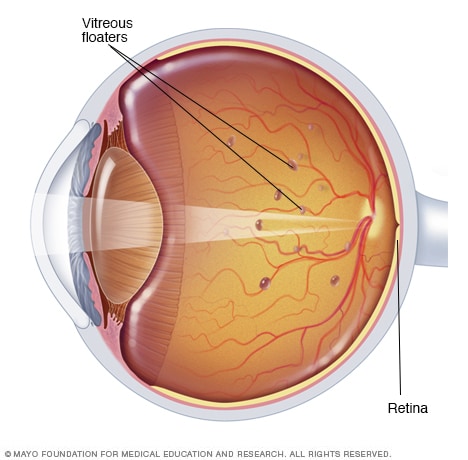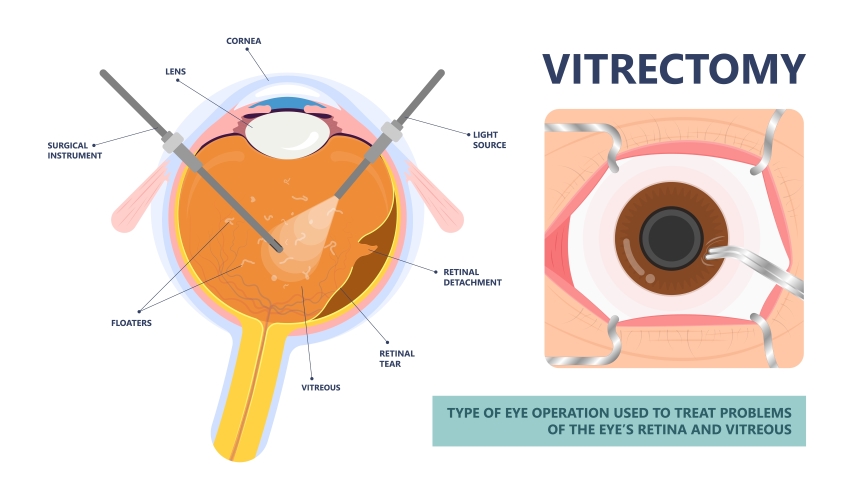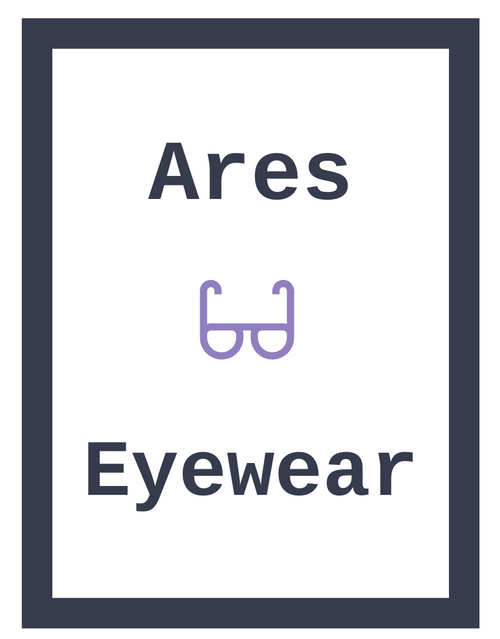Have you ever noticed small, moving specks or lines in your field of vision? These are called floaters, and they can be quite common. While they may be annoying, especially when they seem to dart away whenever you try to focus on them, they are usually harmless.

However, in some cases, floaters may indicate an underlying eye condition that requires medical attention. Let's dive into the world of floaters and understand why they occur and when to be concerned.
What are Floaters?
Floaters are tiny clumps of gel or cells that form in the vitreous, the clear gel-like substance that fills the inside of your eyes. These objects cast a shadow on the retina, the light-sensitive tissue at the back of your eye, which leads to the perception of floaters in your visual field.


When Should You be Concerned?
Floaters are generally harmless and do not require treatment. In most cases, individuals become accustomed to their presence, and the brain learns to ignore them over time. However, there are certain situations where you should seek medical attention:
- Sudden Increase in Floaters: If you suddenly notice a significant increase in the number of floaters or the appearance of new floaters, it may indicate a more serious condition, such as a retinal tear or detachment. These conditions require immediate medical attention to prevent vision loss.

- Flashes of Light: If you notice flashes of light accompanying your floaters, it may be a sign of a retinal tear or detachment. Flashes of light appear as brief, sparkly or twinkling lights in your vision. Again, prompt medical attention is necessary to prevent any further complications

- Gradual Vision Loss: If your floaters are accompanied by a gradual loss of peripheral (side) vision or blurry vision, it could be a sign of a more severe condition, such as a retinal detachment or a macular hole. Consult an eye specialist if this occurs.

- Eye Pain or Redness: If you experience eye pain, redness, or a change in vision along with the floaters, it may indicate an infection or inflammation of the eye. In such cases, it's essential to see an eye doctor for proper evaluation and treatment.

While these situations may be cause for concern, it's important not to panic. Many times, floaters are simply a normal part of the aging process. Regular eye exams can help detect any potential issues early and ensure prompt treatment if needed.
Treatment Options
In most cases, floaters do not require treatment. Over time, your brain may learn to ignore them, and they become less noticeable. However, if floaters significantly disrupt your vision and daily activities, your eye doctor may recommend treatments like:
- Vitrectomy: A surgical procedure where the vitreous gel is removed and replaced with a clear saline solution.

- Laser Therapy: This treatment is used for specific types of floaters, where a laser is focused on the floater to break it down into smaller pieces that are less noticeable.

It's important to note that these treatment options are generally reserved for severe cases where floaters significantly affect vision and quality of life.
Floaters, those mysterious and elusive specks or strands floating across our vision, are a common phenomenon experienced by many. As harmless as they may be, they provoke curiosity and intrigue, inspiring us to ponder the intricacies of our visual system. As we go about our daily lives, let us not only appreciate the clarity of our vision but also acknowledge the whimsical nature of these floaters that accompany us on our visual journeys.

